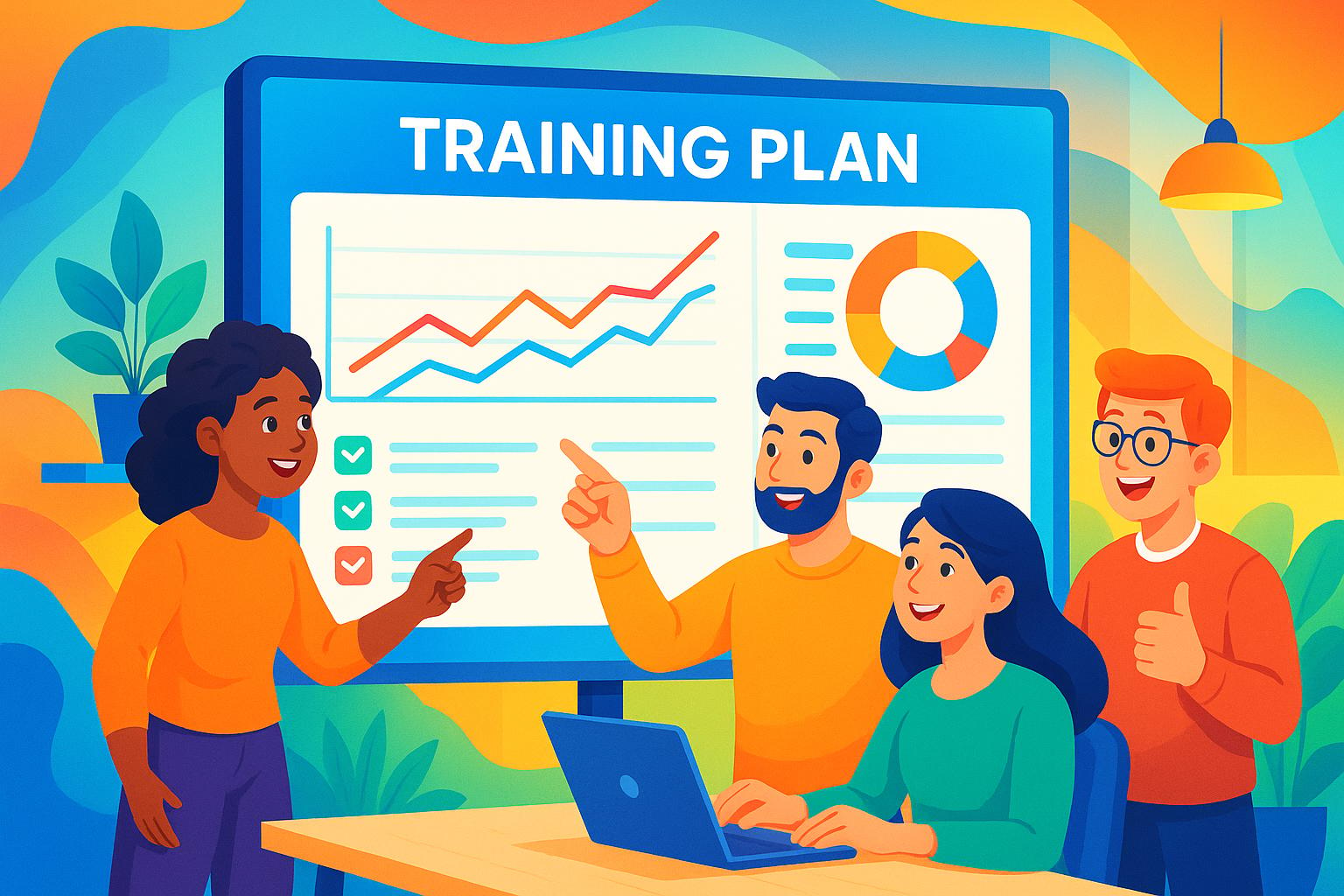
It's not surprising to learn that in our complex daily living, new phobias are identified, or as stated by the University of Cambridge, anxieties that "can be so intense and occur so frequently that psychologists have come to recognize [these] as a clinical condition."
While not a new phobia, arithmophobia — the fear of numbers, generally, or the calculation of numbers — is on the rise. This specific angst, bordering on terror, is working its way into the professional world. Having a basic command over what is considered essential business math is no longer an option, especially when working to become a top performer.
Challenges with math for many starts in elementary school, fostered in secondary levels, only to be ignored in many post-secondary education programs where mathematics isn't a requirement. The fear of math is real and can become debilitating, if not confronted in business and personal life.
The biggest issue many have with math is that we've learned how to perform simple to complex functions, but not why we should use them. For example, every elementary school student learns addition and subtraction, but never practical uses, such as how to balance a checkbook. (TIP: Read more practical examples of math used in everyday life.)
This disconnect to practical uses of math contributes toward a "laissez-faire" attitude when it comes to business math. Let's be clear. Basic math skills are required in every post or job title. A survey conducted by Michael Handel of Northeastern University (Boston, Mass.) in 2009 shows 94% of employees use math to perform their assigned duties. However, the percentage drops when complex computations are required.

And yet, this survey also shows that upper white-collar and blue-collar jobs use higher mathematics, more than likely connected to the skills requirements related to their positions. The argument, based on these two charts, isn't that complex math should be limited to certain college degrees or highly skilled vocational training. Rather, that practical uses of math encourage students to gain valuable experiences at organizing and analyzing information, a skill that will continue to grow in demand.

For those already in the workforce, be encouraged. While complex computations and formulas are not required for most jobs, understanding business math is essential to your quest in becoming a top performer.
Whether a solo entrepreneur, an employee in a startup, or as a team member in an established company, specific math skills are a necessity for survival and success.
- Understand Business Models — An employee or individual should be able to comprehend mathematical models that describe break-even analysis or depreciation.
- Work with Matrices — Numbers presented in arrays (rows and columns) are often the result of some type of data analysis performed or represent pricing models.
- Comprehend Linear Programs — This is a method for optimizing situations when constraints are present, such as determining how much product to produce when limited by budget and labor while remaining profitable.
- Project Probabilities — Once data is collected and analyzed, An employee or individual should be able to determine best-scenario outcomes based on probabilities and statistics.
- Calculate Production Costs and Timelines — Most employees or individuals are confronted, one time or another, with the need to determine real costs and performance timelines, if they are to meet deadlines and budget constraints.
- Set Product and Service Pricing — Every business requires enough funds to operate and reinvest, which means an employee or individual needs to understand how to determine appropriate pricing while remaining competitive.
- Measure Profitability and Analyze Financial Health — Whether a single program, product line or overall business, an employee or individual needs to know how to calculate net gains from gross revenues.
Call to Action — Feed the Need
The bullet items above are a few examples of why employees need to confront their arithmophobia. Be of good cheer. According to great sources, such as HelpGuide.org, "The most effective way to overcome a phobia is by gradually and repeatedly exposing yourself to what you fear in a safe and controlled way."
What better way to confront the fear of math than consuming 10-minutes or less video lessons created by subject matter experts? Modules are designed to present the essentials of business math in an engaging and practical way.
The Business Math learning path or collection by Ability Platform starts with the "Fighting the Fear," an introduction video perfect for those who struggle with mathematics. But this is just the beginning.
There are 87 additional lessons, small and easy to consume, as well as fits any busy schedule. While these video lessons can be taken in any order, they are organized into 16 categories, offering a logical way to consume the training.

One glance at some categories immediately reveals these are practical lessons that make math relevant and engaging. Here are a few categories:
- Basic Statistics
- Estimations
- Formulas
- Graphs
- Introduction to Math
- Job Offer Math
- New Employee Math
- The Time Value of Money
While arithmophobia may never be eliminated, it's debilitating effects can be lessened with proper education and practical examples. The strategies offered in the "Fighting the Fear" lesson, echoes suggestions offered by the Military Authority for veterans returning to school:
- Practice math every day
- Eliminate negative self-talk
- Use all available resources
Remember, our mission is for you and your employees to become a top performer in your industry. We encourage your feedback, so add your responses or comments on this blog below.
Want to evaluate an alternative single library consisting of award-winning micro-learning, video-based lessons? Organized into 100+ Learning Paths, or collections, by subject matter experts, learning occurs whenever employees have 10-minutes or less gaps in their busy schedule. Click here and register for a Free 7-Day Trial today. Experience first-hand how good learning can become in your organization!

